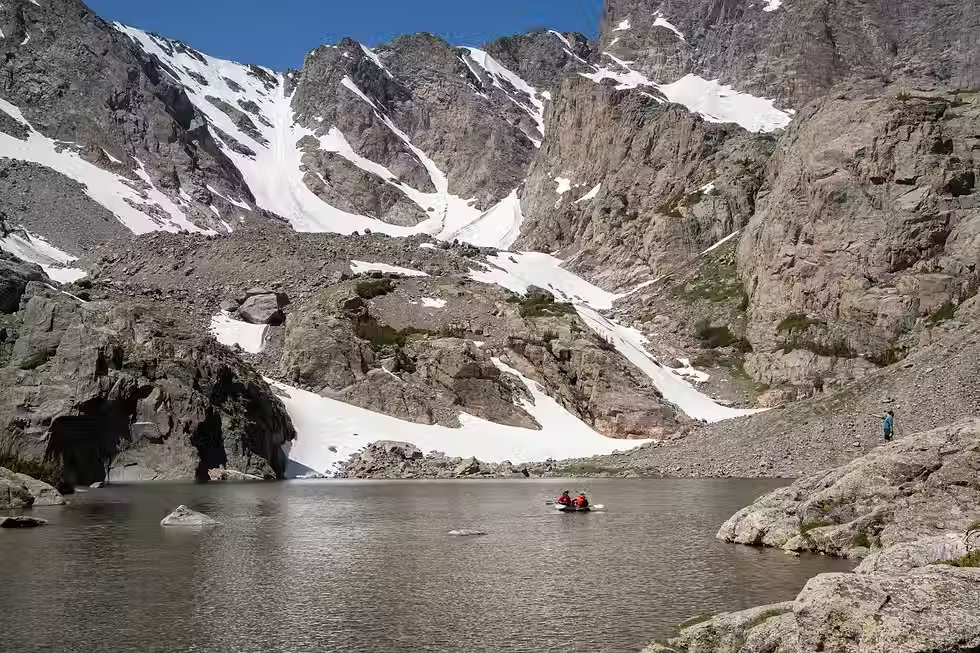Mohonk Lake is getting warmer and more stagnant with climate change
- isabellaoleksy
- Jul 21, 2024
- 1 min read
Lakes around the world are getting warmer, which is bad news for cold water fish species and freshwater quality. This is because changes in water temperature shift in-lake processes that can affect the health of the system. Understanding how lake temperature is changing, and how these changes influence lake functioning, is key to maintaining healthy lakes into the future.
In a new study, published in Geophysical Research Letters, co-author David Richardson and Bella Oleksy analyzed 35-years of temperature data for Mohonk Lake, a small headwater lake on New York’s Shawangunk Ridge. We found that lake stratification is getting longer and stronger due to climate change, and year-to-year variability in lake mixing is associated with global climate trends.
Here, the Cary Institute communications team interviewed Dr. O and we discussed the importance of lake mixing, what a longer stratified period means for lake processes, and how global climate patterns affect Mohonk Lake.
_edited.png)



Comments